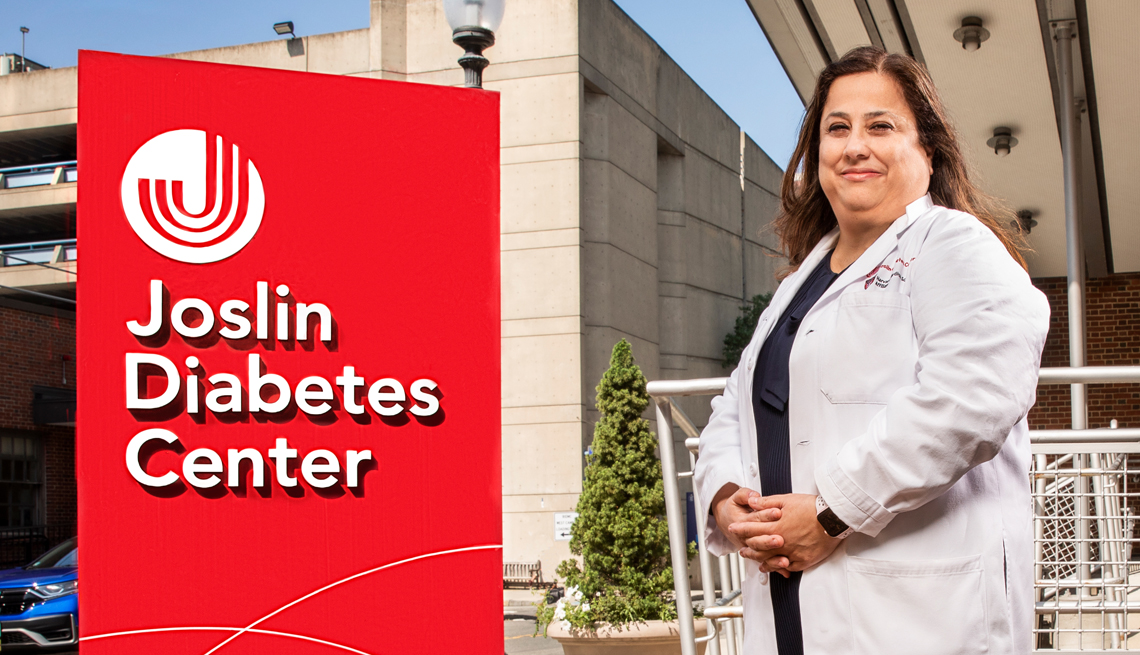Staying Fit
Cardiologist Mikhail N. Kosiborod, M.D., was in medical school when diabetes struck his family — twice. His wife developed type 1 diabetes just before their wedding. “A short time afterward, my father was diagnosed with type 2 diabetes, and within two years had a heart attack,” he says.


AARP Membership— $12 for your first year when you sign up for Automatic Renewal
Get instant access to members-only products and hundreds of discounts, a free second membership, and a subscription to AARP the Magazine.
In early 2019, Saint Luke’s Mid America Heart Institute in Kansas City, Missouri, opened the Cardiometabolic Center of Excellence, with Kosiborod as its director. There are now similar clinics in Florida, Ohio, Mississippi, Nebraska, New York and Indiana. They offer a new kind of diabetes care that’s popping up at medical centers across the U.S. — looking not just at blood sugar levels but also at the disease’s major effects on the heart, blood vessels, kidneys and other parts of the body.
Diabetes is a systemic disease; it doubles your odds for a heart attack or stroke and triples your risk for fatal heart disease. “At the same exact time that we have more efficacious treatments than ever, less than 7 percent are getting optimal care,” Kosiborod says.
Consolidating a wider range of diabetes care under one roof has been happening at major medical centers for a while. At the Harvard-affiliated Joslin Diabetes Center in Boston, a weekly Latino Kidney Clinic helps screen and treat the especially high rates of diabetes-related kidney disease in Hispanic women and men. “When people see their endocrinologist, their foot doctor and anyone else they need, they also see me if they need to,” says nephrologist and clinic director Sylvia Rosas, M.D.
Big-picture diabetes treatment works
A study of the first 129 people to use the Cardiometabolic Center of Excellence in Kansas City found that after six months, patients had lost an average of 12 pounds, improved their long-term blood-sugar control, and reduced their blood pressure by 4.6 points and their LDL cholesterol by 11.4 points. Compared with a control group, they were more likely to get diabetes medications that also have heart-protecting benefits.
New Technology for Diabetes Management
- Smart caps for insulin pens. Paired with smart pens, the cap suggests how much insulin you should use next.
- Continuous glucose monitoring for type 2 diabetes. The devices use a sensor under the skin to monitor how factors like diet, exercise and stress affect numbers and to adjust medication doses.
- Once-a-week insulin. A long-lasting insulin called icodec — which is now under development — controls blood sugar for seven days, and that means fewer injections for patients.
































































